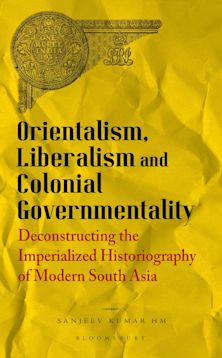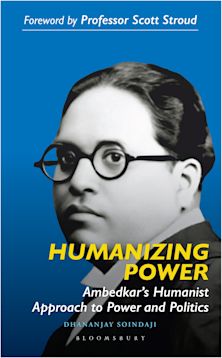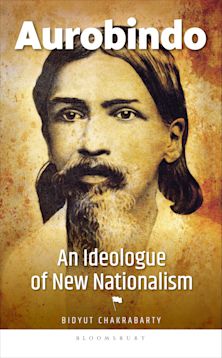- Home
- ACADEMIC
- Politics & International Relations
- Asian Politics
- Religion, State, and Political Culture in Japan
Religion, State, and Political Culture in Japan
Implications for the Post-Secular World
Religion, State, and Political Culture in Japan
Implications for the Post-Secular World
You must sign in to add this item to your wishlist. Please sign in or create an account
Description
Japan had developed a secular civilization long before going through its modern period, characterized by the officially-sanctioned unification of nationalism and state-worship that reached its apotheosis during World War II, followed by the economic growth-oriented post-war period. While the relationship between religion and state has varied significantly over time, what has been consistently observed throughout Japan’s history is the absence of religions that are socially influential but independent from the state, or the absence of a dualistic relationship between religion and state. The kind of political ethos that should underpin democratic principles such as the rule of law and human rights has remained underdeveloped.
This book examines the concept of “reconstructive postmodernism,” a perspective that has emerged from a normative approach to international relations that emphasizes the need to democratize and humanize the secularistic civilizations based on the reconstruction of spirituality and religiosity. Using this concept, this book offers a number of implications of its findings to the case of Japan and for global governance in the post-secular age more broadly.
Table of Contents
Product details
| Published | 02 Nov 2023 |
|---|---|
| Format | Ebook (PDF) |
| Edition | 1st |
| Extent | 182 |
| ISBN | 9798881872793 |
| Imprint | Rowman & Littlefield |
| Series | Critical Perspectives on Religion in International Politics |
| Publisher | Bloomsbury Publishing |
About the contributors
Reviews
-
This is not only a potent study of historical and current relationships between religious belief and democratic culture in Japan, but also a powerful solvent for blithe assumptions about secularisation, there and in the wider world. In addition, it offers a considered response to how we might achieve more humane forms of global governance.
Jim Whitman, General Editor, Palgrave Global Issues series
-
A fascinating and illuminating inquiry into strengthening democracy in postwar Japan by the selective infusion of religious and spiritual revitalization in a political setting that Sumimoto creatively portrays as ‘a post-secular world.’ Although the focus is on overcoming statist absolutism arising from Japanese pre-1945 experience with religiously endowed emperor worship, the book is greatly enriched by comparative national studies and by valuable commentary on the relevance of religion to humane global governance. Reading this book is an intellectually exciting and challenging learning experience.
Richard A. Falk, Albert G. Milbank Professor of International Law Emeritus, Princeton University

ONLINE RESOURCES
Bloomsbury Collections
This book is available on Bloomsbury Collections where your library has access.



































